9 Deborah Cox Songs That Still Hit Hard—R&B & Dance Gems You Forgot You Loved
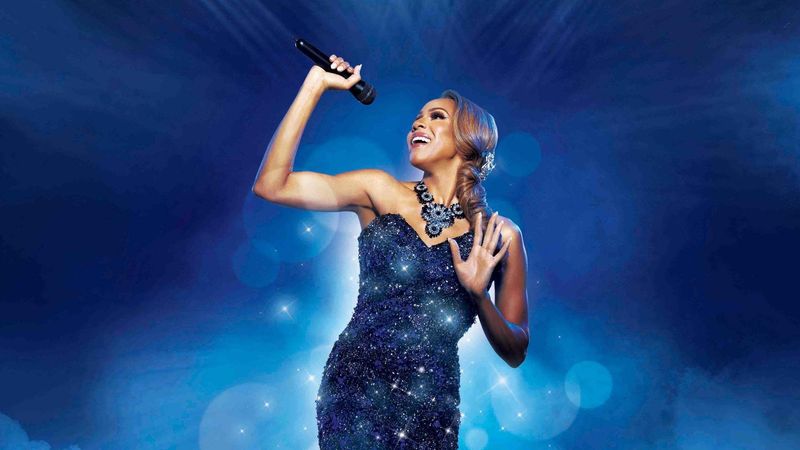
Remember Deborah Cox? The Canadian songstress with pipes that could bring down the house and lyrics that spoke directly to your soul? Throughout the late ’90s and 2000s, she blessed us with unforgettable R&B ballads and dance floor anthems that dominated radio and clubs alike. Let’s revisit some of her most powerful tracks that still hit just as hard today as when they first dropped.
1. “Nobody’s Supposed to Be Here” (1998)
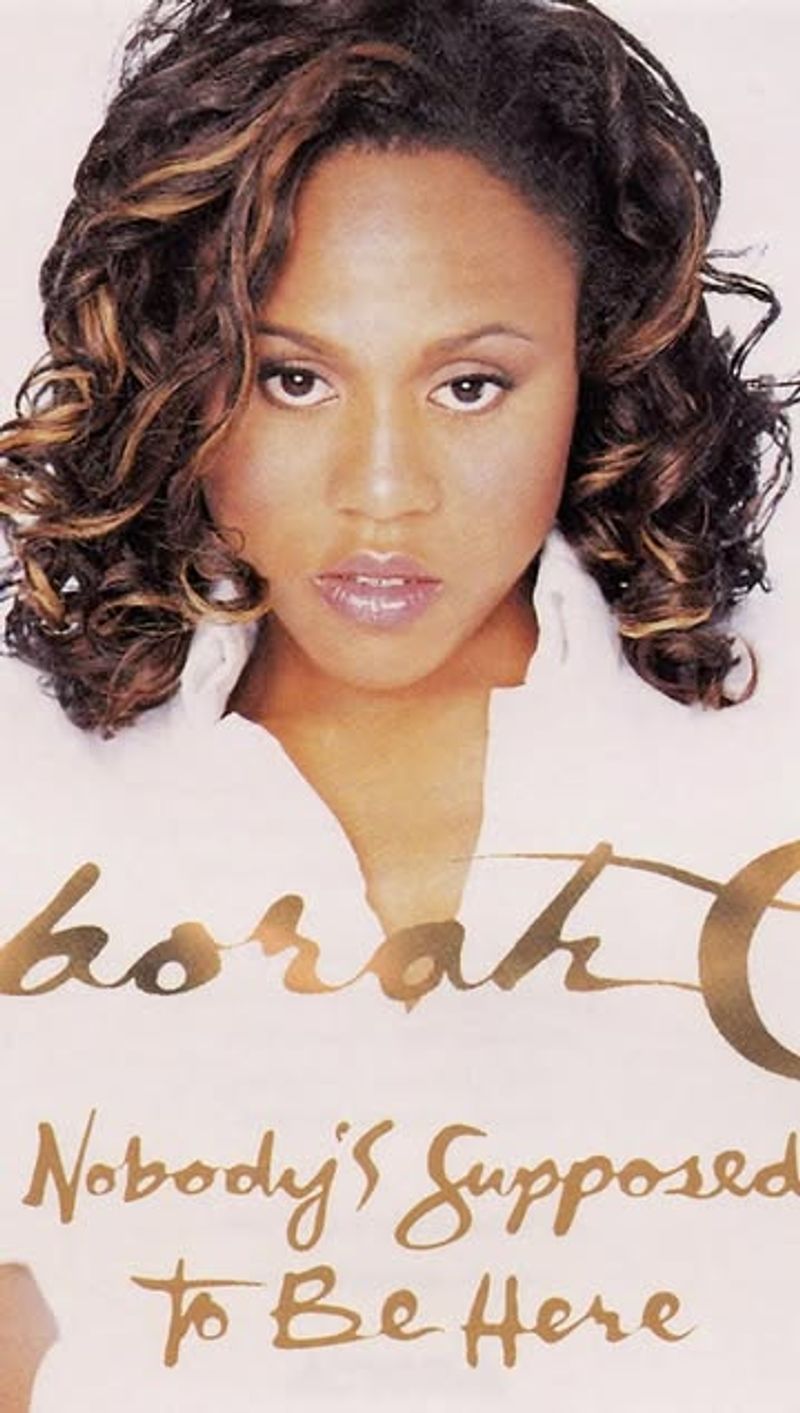
That opening line—”How did you get here?”—still sends chills down spines decades later. Cox’s signature song spent a record-breaking 14 weeks at #1 on the R&B charts, and for good reason.
The raw vulnerability in her delivery transforms this track from a simple ballad into a soul-stirring confession. When she hits those gospel-influenced runs in the chorus, you can physically feel the heartache.
Fun fact: The dance remix by Hex Hector gave this emotional powerhouse a second life in clubs, proving great songs can break hearts in any tempo.
2. “Absolutely Not” (2001)
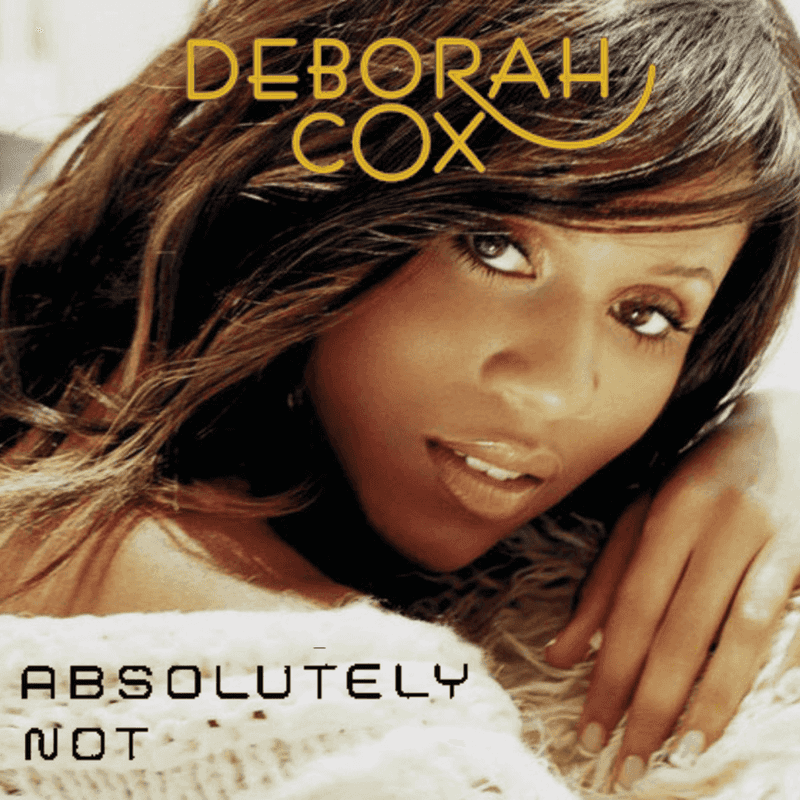
Pride parades worldwide still erupt when those first defiant beats drop. This anthem of refusal and self-respect became Cox’s declaration of independence on dance floors everywhere.
The Thunderpuss remix elevated this track to legendary status, with its pulsating rhythm and Cox’s commanding vocals creating the perfect storm of dance music excellence. Her powerful delivery of “absolutely not!” feels like permission to set boundaries in your own life.
The track gained even more cultural significance after featuring in the film “Dr. Dolittle 2” and becoming a staple in LGBTQ+ spaces.
3. “We Can’t Be Friends” feat. R.L. (1999)
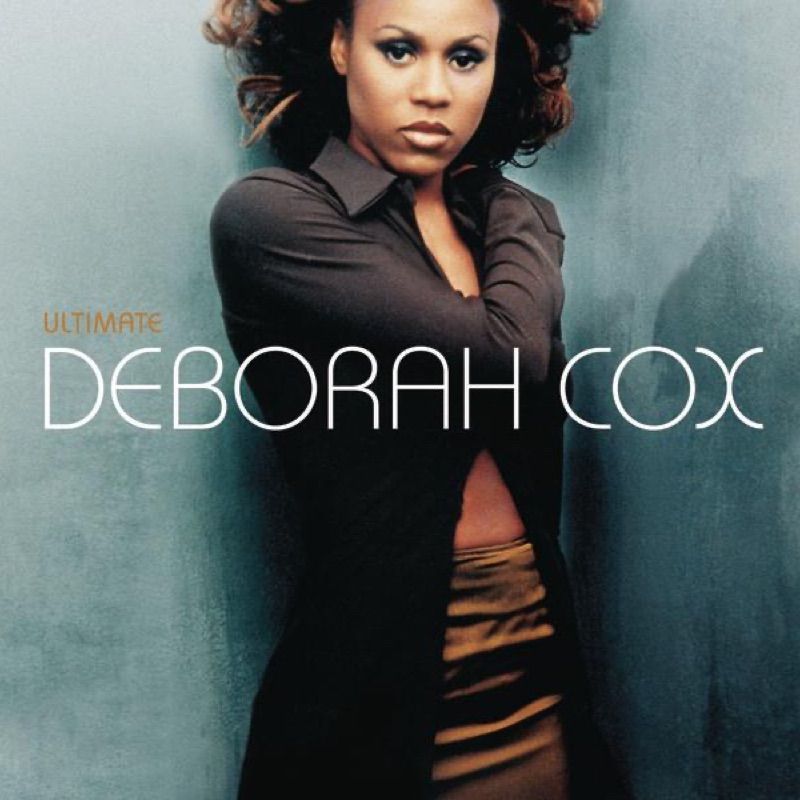
Some duets feel like eavesdropping on a private conversation, and this haunting collaboration with R.L. from Next is exactly that. Their voices intertwine with such genuine chemistry, you’d swear they were really exes trying to navigate the impossible.
The song captures that brutal moment when you realize staying friends is just prolonging the inevitable pain. Cox’s voice trembles with restraint until that bridge, where she finally lets the full weight of her emotion pour out.
Two decades later, this track remains the unofficial soundtrack for anyone trying to set healthy post-relationship boundaries.
4. “Sentimental” (1995)
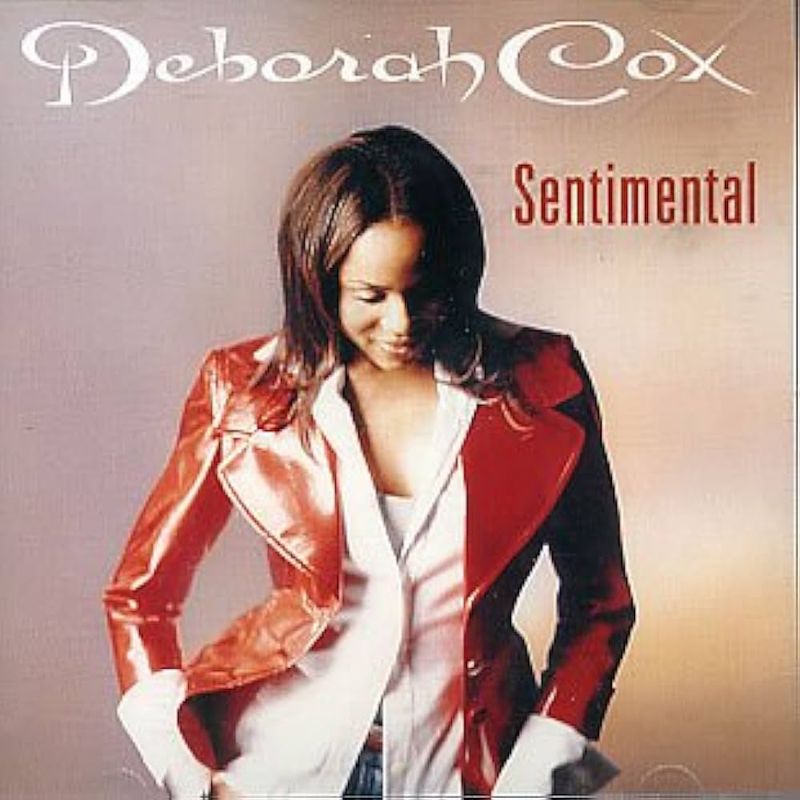
Before the chart-toppers and dance remixes, Cox introduced herself to the world with this silky-smooth R&B gem. The understated production allows her velvety vocals to take center stage, showcasing the remarkable control that would become her trademark.
There’s something magically ’90s about the track’s warm keyboards and gentle swing beat. It feels like driving with the windows down on a summer evening, heartache and hope mingling in the warm breeze.
This debut single proved Cox wasn’t just another vocalist—she was a fully-formed artist who understood how to convey complex emotions through seemingly simple melodies.
5. “Who Do U Love” (1996)
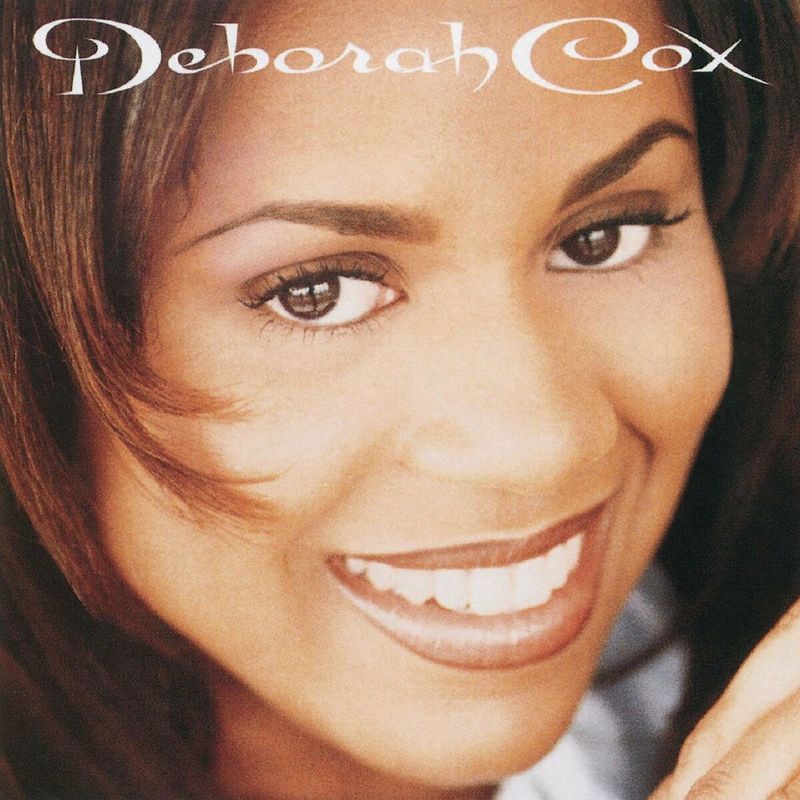
That bass line alone deserves its own fan club. When this mid-tempo groove dropped in ’96, it showcased Cox’s ability to ride a rhythm with both confidence and vulnerability.
The genius of this track lies in how she navigates the emotional tightrope—questioning a lover while maintaining her dignity. The production feels timeless, with those keyboard flourishes and subtle drum programming that defined the golden era of R&B.
Listen closely to the background vocals and you’ll discover layers of harmonies that reveal Cox’s meticulous approach to her craft, even early in her career.
6. “It’s Over Now” (1999)

The musical equivalent of closing the door on a relationship for the final time. Cox’s delivery shifts from restrained verses to that explosive chorus where her voice cracks with emotional authenticity.
The production brilliantly builds tension throughout, with subtle string arrangements that underscore the drama without overwhelming it. When she delivers that gut-punch line “It’s over now,” you can almost visualize the credits rolling on a relationship.
What makes this track endure is how it captures that bittersweet moment of clarity—pain mixed with the relief of finally accepting what you’ve known all along.
7. “Same Script, Different Cast” with Whitney Houston (2000)
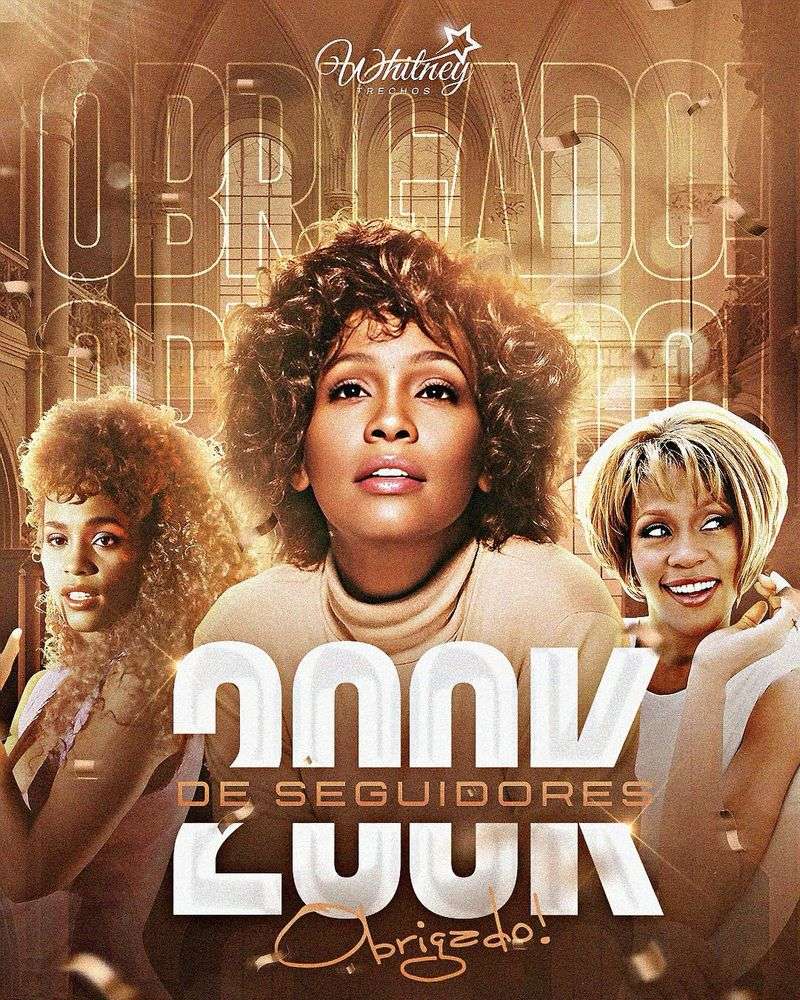
When two vocal titans collide, magic happens. This theatrical duet frames the classic ‘other woman’ narrative as a passing of wisdom from one heartbroken woman to another, with Houston and Cox trading vocal runs like Olympic torch bearers.
The dramatic dialogue format elevates this beyond typical duet territory into mini-musical territory. Their voices complement each other perfectly—Houston’s slightly raspier tone contrasting with Cox’s crystal-clear delivery.
Despite being released during a challenging period in Houston’s career, this collaboration showcased both artists at their interpretive best, proving great vocalists don’t just sing notes—they tell stories.
8. “Things Just Ain’t the Same” (1997 – Hex Hector Remix)
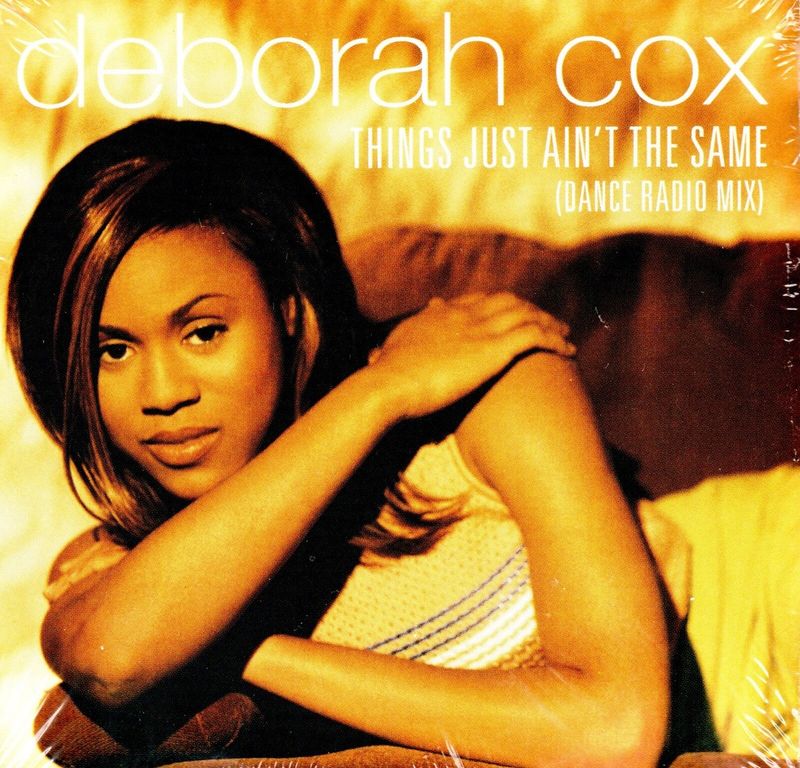
Hex Hector’s reimagining of this track didn’t just remix a song—it created an entirely new emotional experience. The original’s contemplative mood transforms into euphoric release under pulsating beats that defined late ’90s club culture.
Cox’s soulful vocals soar over the driving percussion, creating that magical dance music paradox: crying while dancing. The production’s build-and-release structure became a blueprint for emotional dance music for years to come.
This remix cemented Cox’s dual citizenship in both R&B and dance music kingdoms, proving her versatility and helping launch her enduring legacy in club culture.
9. “Beautiful U R” (2008)
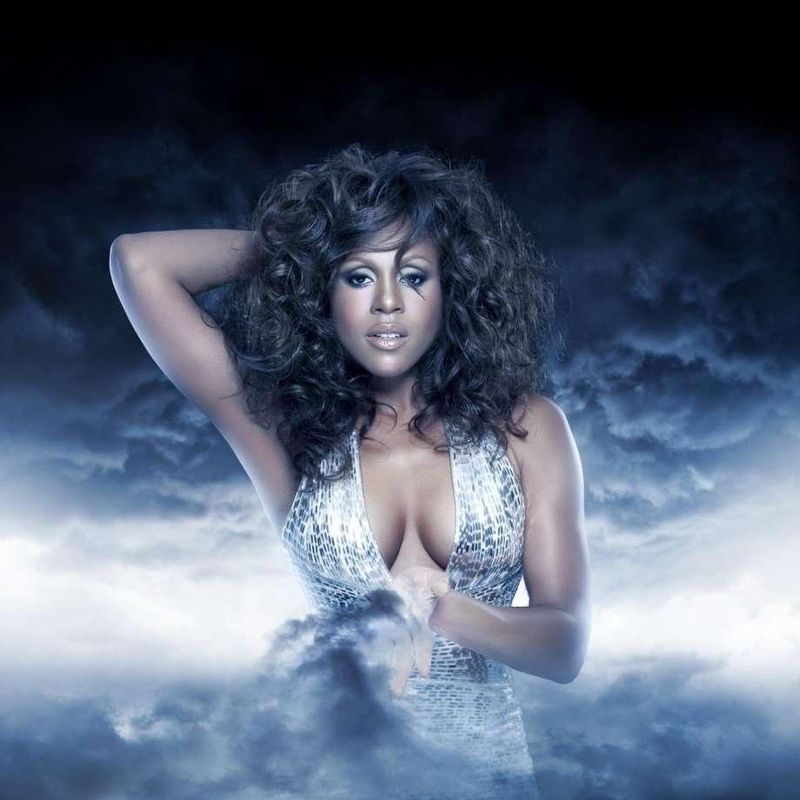
Released when many had wrongly assumed Cox’s hit-making days were behind her, this empowering anthem proved her artistic relevance extended well beyond the ’90s. The uplifting message wrapped in contemporary production showed her ability to evolve while maintaining her signature emotional authenticity.
The lyrics speak directly to anyone struggling with self-image and acceptance. Cox’s delivery feels like a warm embrace from a friend who’s been there and made it through.
This track deserves recognition as one of pop music’s most genuine self-affirmation anthems, arriving years before the self-love movement became mainstream.

Comments
Loading…